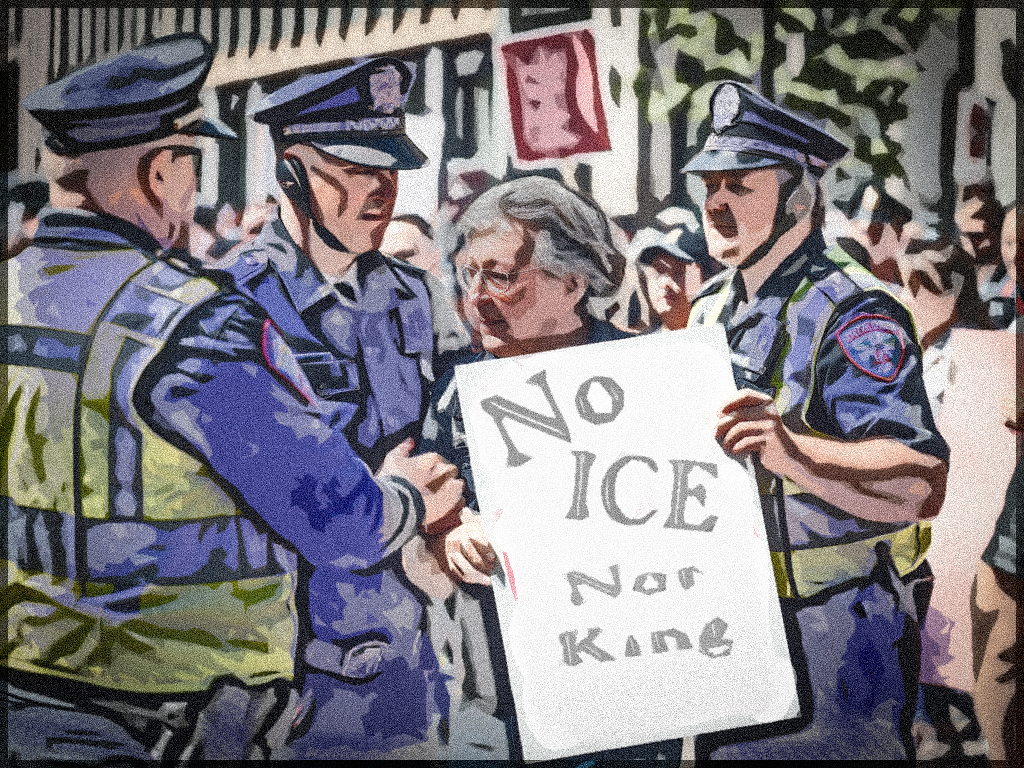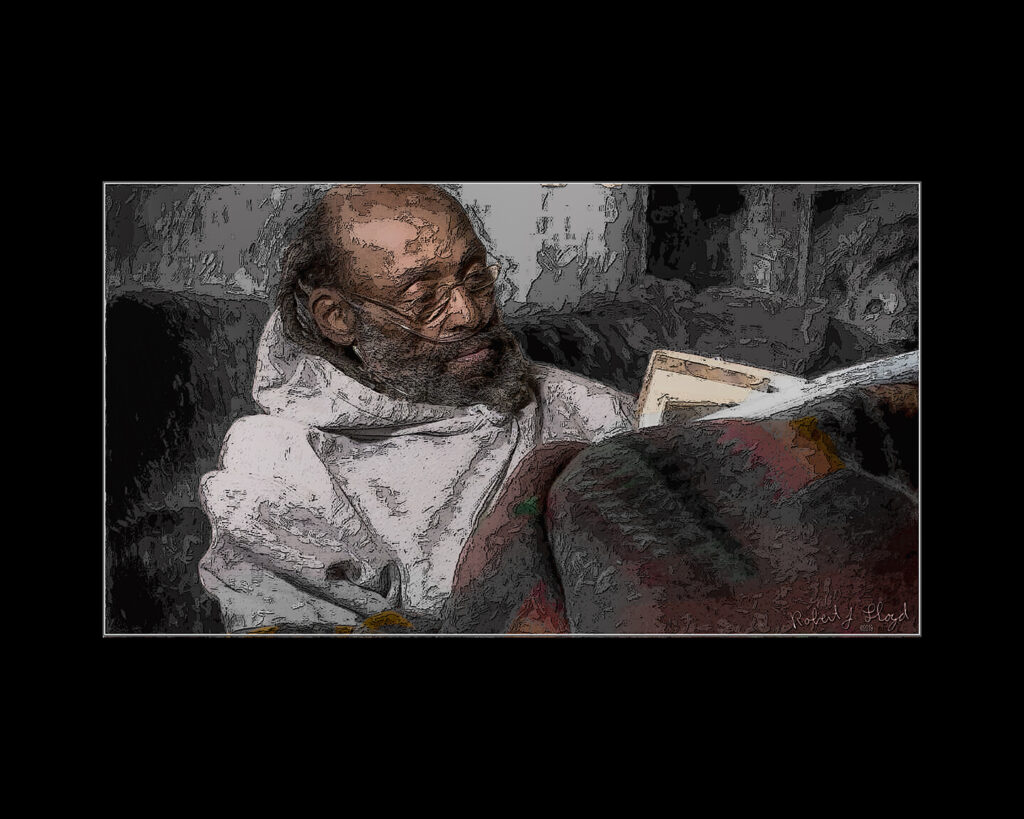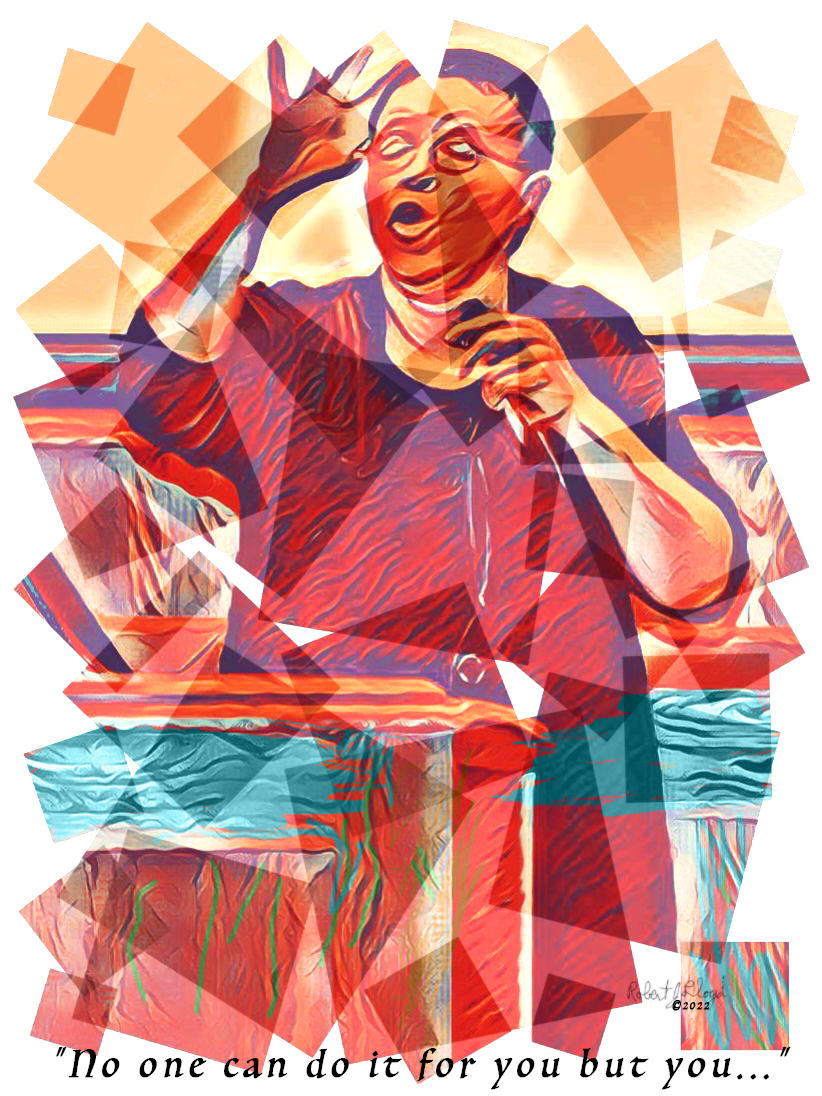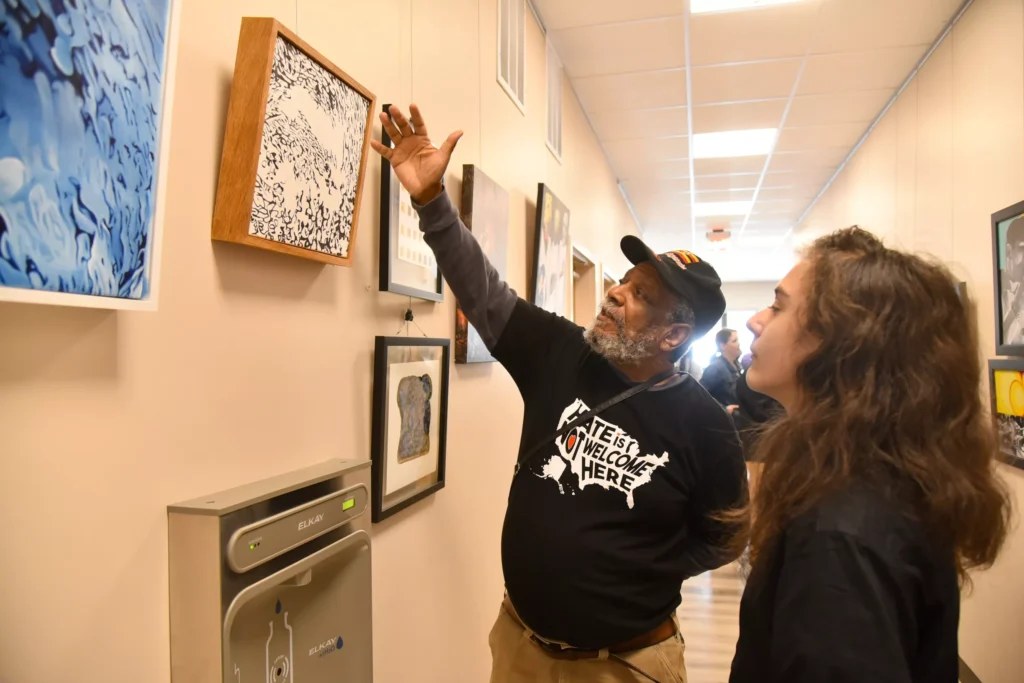Addressing social justice issues requires a combination of systemic reforms, grassroots activism, and cultural shifts. Below are potential solutions to key social justice challenges, drawing on principles of equity, participation, and access.
1. ADDRESSING INEQUALITY AND DISCRIMINATION
Social justice issues often arise from systemic inequalities and discrimination based on race, gender, class, or other identities. Solutions include:
Policy Reforms:
- Anti-Discrimination Laws: Strengthen and enforce laws that protect individuals from discrimination in workplaces, schools, and public spaces .
- Equity-Based Policies: Implement policies that address historical injustices, such as affirmative action or reparations for marginalized communities.
Community Engagement:
- Education and Awareness: Promote education programs that teach empathy, inclusivity, and the history of systemic oppression.
- Grassroots Movements: Support local organizations that advocate for marginalized groups and work to dismantle prejudices.
2. PROMOTING EQUITY IN EDUCATION
Education is a cornerstone of social justice, but inequities in access and quality persist.
Solutions:
- Universal Access: Ensure all students, regardless of socioeconomic background, have access to quality education, including free or subsidized schooling .
- Culturally Responsive Teaching: Incorporate diverse perspectives and histories into curricula to foster inclusivity and representation.
- Support for Marginalized Students: Provide resources such as scholarships, mentorship programs, and mental health support to students from underrepresented groups.
3. TACKLING ECONOMIC INEQUALITY
Economic disparities are a major driver of social injustice, affecting access to housing, healthcare, and basic needs.
Solutions:
- Living Wages: Advocate for policies that ensure workers earn a living wage, reducing poverty and income inequality.
- Progressive Taxation: Implement tax systems that redistribute wealth more equitably, funding social programs and public services.
- Universal Basic Income (UBI): Explore UBI as a way to provide financial security to all individuals, particularly in times of economic instability.
4. ADVANCING GENDER EQUALITY
Gender-based discrimination, including issues like the wage gap and harassment, remains a significant barrier to social justice.
Solutions:
- Workplace Protections: Enforce policies that prevent gender discrimination and harassment in the workplace.
- Parental Leave: Provide paid parental leave and childcare support to reduce the burden on working parents, particularly women.
- Education and Advocacy: Promote gender equality through public campaigns and education programs that challenge stereotypes and biases.
5. COMBATING ENVIRONMENTAL INJUSTICE
Environmental issues disproportionately affect marginalized communities, making environmental justice a critical aspect of social justice.
Solutions:
- Sustainable Policies: Advocate for policies that reduce pollution and promote renewable energy, particularly in low-income areas.
- Community-Led Solutions: Empower communities to lead environmental initiatives, such as urban farming or clean water projects.
- Corporate Accountability: Hold corporations accountable for environmental damage, particularly in vulnerable regions.
6. REFORMING THE CRIMINAL JUSTICE SYSTEM
The criminal justice system often perpetuates social injustice through systemic racism, mass incarceration, and police brutality.
Solutions:
- Police Reform: Implement community policing models and increase accountability for law enforcement.
- Restorative Justice: Shift from punitive systems to restorative justice practices that focus on rehabilitation and reconciliation .
- Decriminalization: Decriminalize nonviolent offenses, such as drug possession, to reduce incarceration rates and address racial disparities.
7. BUILDING INCLUSIVE COMMUNITIES
Social justice requires fostering communities where everyone feels respected, supported, and included.
Solutions:
- Affordable Housing: Invest in affordable housing initiatives to combat homelessness and housing insecurity.
- Civic Participation: Encourage marginalized groups to participate in decision-making processes, such as local government or community boards.
- Cultural Representation: Promote diverse representation in media, arts, and leadership to reflect the experiences of all communities.
8. LEVERAGING TECHNOLOGY FOR SOCIAL JUSTICE
Technology can be a powerful tool for advancing social justice, but it must be used responsibly.
Solutions:
- Digital Access: Bridge the digital divide by providing affordable internet and technology to underserved communities.
- Online Advocacy: Use social media and digital platforms to raise awareness, mobilize supporters, and amplify marginalized voices.
- Data Transparency: Use data to identify and address systemic inequalities, such as disparities in healthcare or education.
9. ADDRESSING INTERSECTIONALITY
Social justice movements must recognize the interconnected nature of oppression, as individuals often face multiple forms of discrimination simultaneously.
Solutions:
- Intersectional Policies: Develop policies that address the unique challenges faced by individuals at the intersection of race, gender, class, and other identities .
- Coalition Building: Foster collaboration between social justice movements to address shared goals and amplify impact.
10. ENCOURAGING GLOBAL SOLIDARITY
Social justice is not confined to national borders; global cooperation is essential to address issues like poverty, climate change, and human rights abuses.
Solutions:
- International Aid: Support global initiatives that provide resources and assistance to developing countries .
- Global Advocacy: Participate in international movements that promote human rights, such as campaigns against child labor or gender-based violence.
- Cultural Exchange: Promote cross-cultural understanding and solidarity through education and dialogue.
CONCLUSION
Social justice is a complex and multifaceted challenge, but solutions are possible through systemic reforms, grassroots activism, and cultural shifts. By addressing inequality, promoting equity, and fostering inclusivity, we can create a more just and equitable society for all. These solutions require collaboration across sectors, sustained advocacy, and a commitment to the principles of human rights and dignity.











